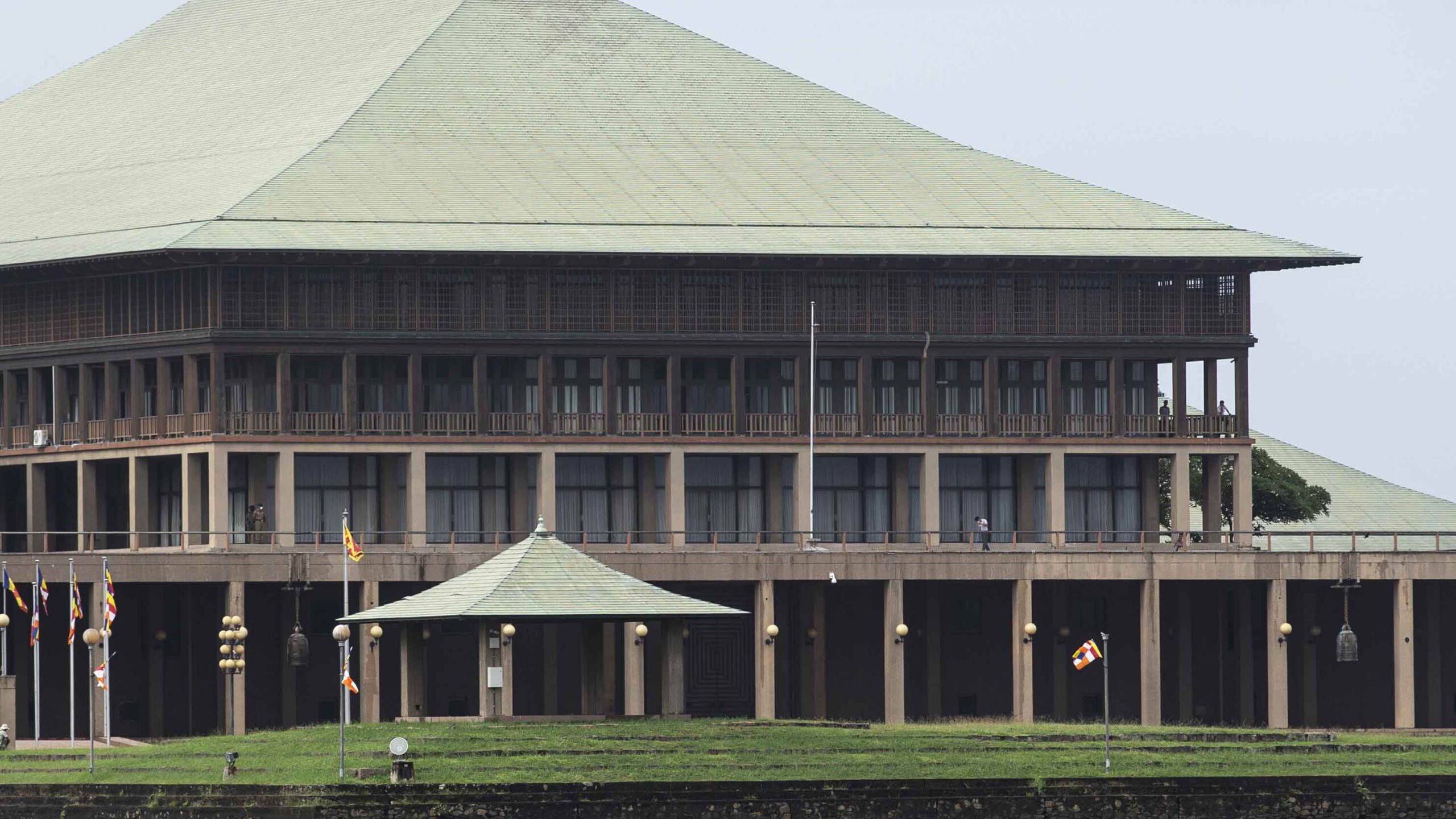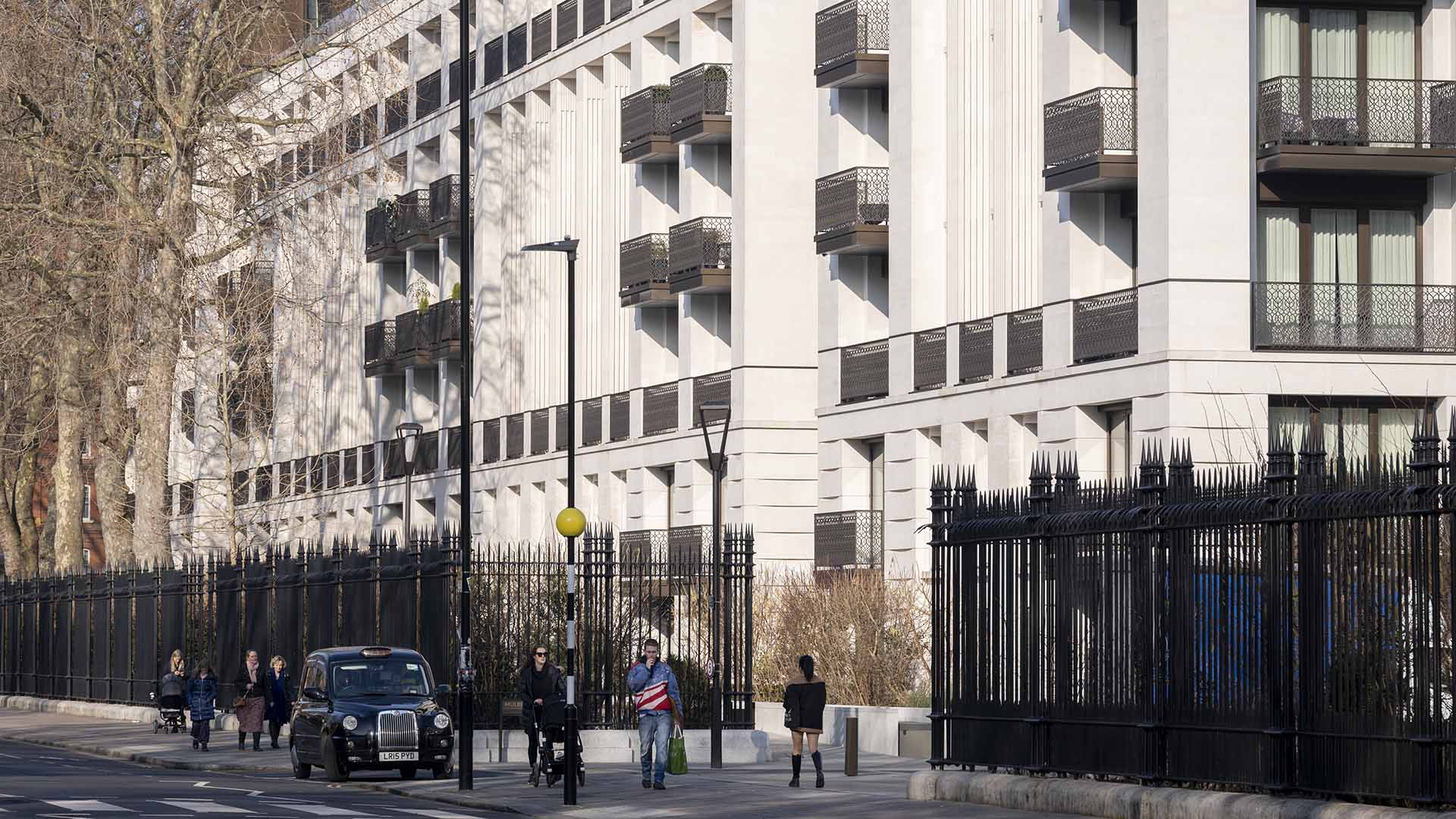Month: January 2025
Learn more about your ad choices. Visit podcastchoices.com/adchoices
Britain’s anti-corruption minister resigned Tuesday following intense media scrutiny over whether she benefited financially from her relationship with her aunt, former Bangladeshi Prime Minister Sheikh Hasina, as well as a flurry of reporting about how London properties she lived in were paid for.
Tulip Siddiq had served as the economic secretary to the U.K.’s Treasury after the Labour Party came to power last July. Hasina, whose government collapsed last August after mass student-led protests, is currently the subject of an ongoing embezzlement probe in Bangladesh.
In December, Siddiq was named alongside her family in the inquiry and has denied wrongdoing. Since then she has faced mounting questions over media reports she resided in several properties connected to her aunt’s political allies. Reporting by The Sunday Times linked Siddiq via one of the properties to two offshore companies that appeared in the Panama Papers leak. ICIJ’s 2016 Panama Papers investigation was based on 11.5 million leaked documents that shed light on the offshore financial world.
Siddiq resided in a property in the Hampstead neighborhood of London that was originally purchased by Pedrok Ventures Ltd., Panama Papers documents show. The Sunday Times reported that Pedrok Ventures was funded through a $125,000 loan, later written off, by a second offshore company known as Harberton SA, according to the leaked documents. Two of the latter company’s shareholders, brothers Nasim and Masood Ali, are businessmen who have led firms in Bangladesh’s energy sector.
Harberton SA was dissolved in December 2004; soon after, the $342,000 (£243,000) Hampstead property was transferred to the possession of Moin Ghani, a high-profile Bangladeshi lawyer, The Sunday Times reported. Ghani has links to Siddiq’s family and the Awami League — Hasina’s political party — through his parents, according to The Sunday Times.
Ghani gifted the Hampstead flat to Siddiq’s sister Azmina in 2009, U.K. property records show. Siddiq then reportedly lived in the flat, listing it as her address in 2012 and 2014. Her sister later sold the apartment in 2020 for more than double the price for which it was purchased.
In Bangladesh, Siddiq is under investigation by Bangladesh’s Anti-Corruption Commission over allegations that her aunt, Hasina, and her aunt’s political allies “potentially misappropriated billions of pounds and that some of the money was used to buy property overseas,” The Sunday Times reported.
The commission has said it also intended to investigate Siddiq’s role in a 2013 nuclear power deal between Bangladesh and Russia. She was previously questioned by the U.K. Cabinet Office’s proprietary and ethics team over her involvement after the Bangladeshi commission accused her family of embezzling billions through the nuclear power plant. Siddiq has repeatedly denied involvement in brokering the deal, and sources close to her have previously called allegations that she coordinated meetings between officials “trumped-up charges” and “completely politically motivated,” according to The Guardian.
Despite repeatedly denying wrongdoing, Siddiq said in a resignation letter to British Prime Minister Keir Starmer that remaining in her ministerial role would be “a distraction from the work of the government,” according to the BBC. Laurie Magnus, the prime minister’s ministerial standards adviser who reviewed Siddiq’s conduct, told Starmer that Siddiq had not engaged improperly, but that he had “not been able to obtain comprehensive comfort in relation to all the UK property related matters,” the BBC reported. Magnus ruled that Siddiq had not broken any ministerial code but had “inadvertently misled” the public about a King’s Cross property gifted to her by a developer with links to the former Bangladeshi government, according to the BBC.
In her resignation letter, Siddiq said that her family connections have been a matter of public record and that she was advised to recuse herself from matters pertaining to Bangladesh to avoid the perception of a conflict of interest. “I want to assure you that I acted and have continued to act with full transparency and on the advice of officials on these matters,” she wrote in her resignation letter.
Siddiq’s resignation comes less than two months after former Transport Secretary Louise Haigh resigned following revelations she had pleaded guilty to a fraud offense over 10 years ago.
Starmer had expressed confidence in Siddiq in the weeks leading up to her resignation, and accepted her resignation “with sadness,” according to the BBC, stating in a letter responding to her resignation that “the door remains open” to her in the future. The prime minister emphasized that his standards adviser had found “no evidence of financial improprieties.”
Conservative Party Leader Kemi Badenoch responded to news of Siddiq’s resignation with a post on X, stating it was clear the former economic secretary’s position was “completely untenable” the week prior, and that the prime minister had “dithered and delayed to protect his close friend.”
NPR News: 01-17-2025 2PM EST
|
Michael_Novakhov shared this story . |
Azerbaijan and Armenia have agreed to commence the next stage of delimitation work up to the Iranian border.
This agreement was reached during the meeting of the state border delimitation and security commissions of the two countries, chaired by Azerbaijani Deputy Prime Minister Shahin Mustafayev and his Armenian counterpart, Mher Grigoryan, on January 16.
“… A consensus was achieved to begin comprehensive work from the northern region, specifically from the tri-junction area of the borders of Azerbaijan, Armenia, and Georgia, moving southwards to the Iranian border. Additionally, the parties discussed draft instructions on the procedures for carrying out delimitation work,” reported AZERTAC.
The commissions have already made noticeable progress. In May 2023, a 12.7-kilometer section of the border was delineated, enabling the return of four villages in Gazakh District—Baganis Ayrim, Ashaghi Askipara, Kheyrimli, and Gizilhajili—under Azerbaijan’s control.
According to the agreement between the state commissions, the delimitation process is based on the Alma-Ata Declaration signed in 1991.
Parliamentarian Highlights Milestone Achievements
Hikmet Babaoglu, a member of Azerbaijan’s Milli Majlis (National Assembly) Committee on Defense, Security, and Anti-Corruption, told Turan that the commissions’ regulations were formalized and signed: “This is the first document and coordinated action plan signed between Armenia and Azerbaijan. This alone is a significant development.”
Babaoglu emphasized the importance of evaluating the commissions’ activities within the context of tangible results: “It is known that 15 out of the 17 articles of the peace agreement have been agreed upon, but there is no finalized text. However, the commission’s charter is a fully agreed-upon document. Concrete actions have already been implemented based on this charter, turning the once-provisional borders into demarcated ones in some sensitive and complex areas.”
The parliamentarian noted that the January 16 meeting marked the beginning of the next phase of more intensive actions: “This is a new stage. The direction has been set from the tri-junction of the three Caucasus countries’ borders, progressing southwards to the Iranian border.”
He further explained that the process extends beyond technicalities: “The geography of conditional borders between Azerbaijan and Armenia starts at the least disputed area—the junction of Georgia, Azerbaijan, and Armenia. However, as the process advances southward, particularly into the Kelbajar and Zangezur regions, it will enter a more complex phase. Before these commissions can proceed with delimitation and demarcation, there must be prior diplomatic and political agreements on certain points and maps.”
According to Babaoglu, the pace and scope of the delimitation process will directly influence the proximity of the two countries to peace.
Political Analyst Sees Link Between Delimitation and Peace
Political commentator Nasimi Mammadli told Azadliq Radio that the commissions’ work depends on the political will of the heads of state: “Commissions carry out technical tasks. If state leaders agree on an issue, the commissions execute it. It appears that constructive agreements between the heads of Azerbaijan and Armenia are positively influencing the commissions’ work.”
Regarding the impact of the commissions’ activities on the peace treaty, Mammadli sees the processes as interconnected: “Progress in border delimitation and demarcation positively affects the peace process. There are no longer significant unresolved issues between the states. Azerbaijan has liberated its territories, and we haven’t seen any principled objections from the Armenian government on these matters. Even the ‘Zangezur Corridor’ issue has been removed from the peace agenda. Therefore, these interactions are accelerating the peace process.”
Delimitation and Demarcation: The Technical Process
Delimitation generally involves large-scale maps that detail topography, hydrography, and settlements. Once this process concludes, a treaty is signed regarding the state border line.
Demarcation is the second stage of defining state borders, involving the physical marking of boundaries on the ground.4o




